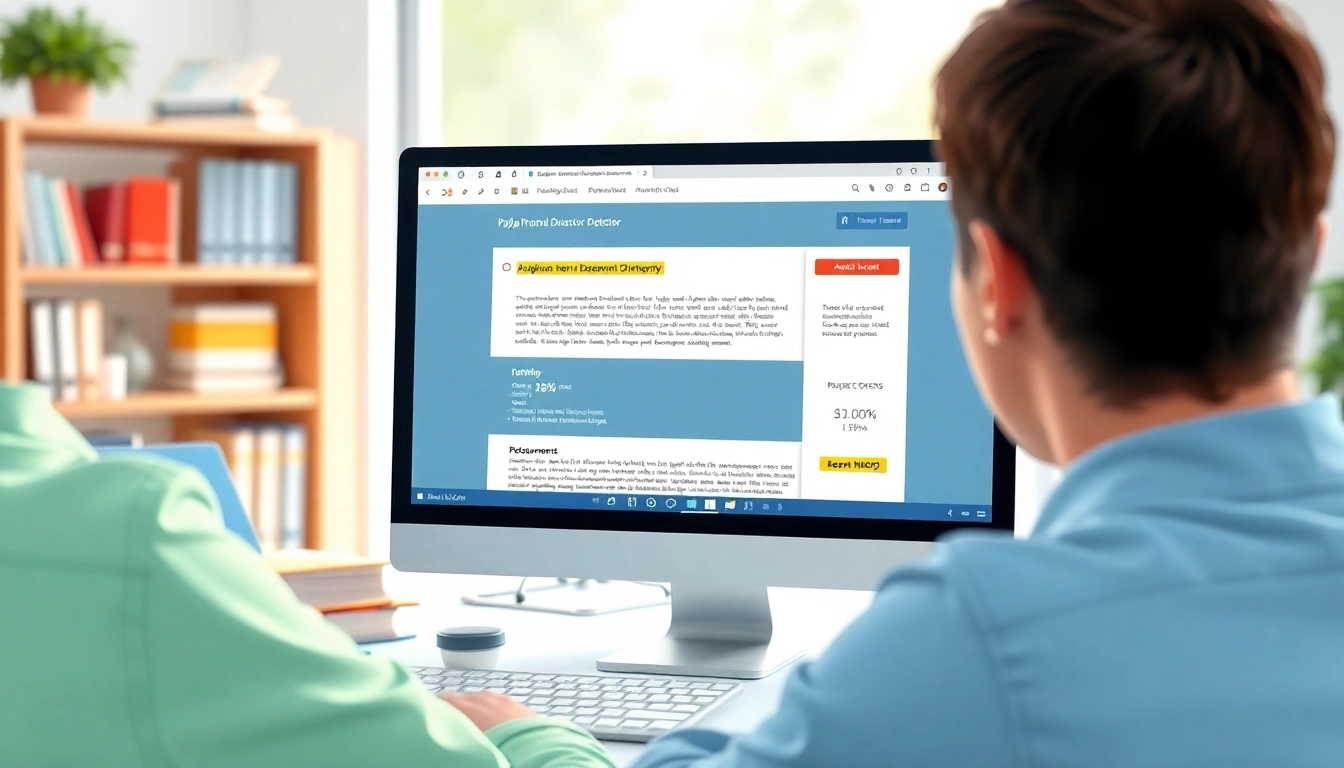
Understanding the Level 5 Diploma in Leadership and Management for Residential Childcare
The Level 5 Diploma in Leadership and Management for Residential Childcare represents a significant advancement in childcare and management education, equipping aspiring leaders with the necessary skills, knowledge, and competencies to effectively manage residential childcare services. This qualification is essential for those looking to progress into managerial positions within childcare settings, ensuring that they are not only knowledgeable about best practices but also equipped to lead and inspire their teams. In this extensive guide, we will delve into various aspects of the diploma, including its structure, importance, and the unique challenges students may face.
What is the Level 5 Diploma?
The Level 5 Diploma in Leadership and Management for Residential Childcare is designed for those who wish to pursue a career in a managerial role within residential childcare environments. This qualification focuses on developing leadership skills, improving knowledge of childcare best practices, and fostering the ability to manage teams effectively and sensitively. It covers essential areas such as safeguarding, child development, and operational management, allowing graduates to make informed decisions that benefit both children and staff.
Key Learning Outcomes and Competencies
Graduates of the Level 5 Diploma will gain a diverse range of competencies, including:
- Leadership and management skills to effectively direct teams and ensure high standards of care.
- Understanding of legislative frameworks and safeguarding requirements to protect the welfare of children.
- The ability to assess and manage risk effectively within a childcare setting.
- Skills to promote professional development among staff and evaluate their performance.
- Competencies to engage with families and stakeholders to improve service delivery.
Importance for Career Advancement
Completing a Level 5 Diploma can significantly enhance one’s career prospects. Many employers within the residential childcare sector require this qualification for management roles, as it demonstrates a commitment to professional growth and understanding of complex childcare issues. Furthermore, holding this diploma can lead to improved job security, higher salaries, and opportunities for continuous professional development. For more detailed resources, you can refer to level 5 diploma in leadership and management for residential childcare answers.
Course Structure and Requirements
The structure of the Level 5 Diploma is comprehensive, ensuring that all learners receive thorough training across various key areas relevant to childcare settings. The course typically consists of mandatory and optional units, aimed at equipping students with all the necessary skills to excel in their roles.
Core Units and Modules Explained
The diploma includes several core units that cover essential topics, such as:
- Leadership and Management: Developing holistic leadership qualities necessary for managing teams in residential settings.
- Safeguarding and Child Protection: Familiarizing learners with national and local safeguarding policies, ensuring that children are safe in their care.
- Supporting Child Development: Learning about how children grow and develop, along with strategies to support their individual needs.
- Operational Management: Gaining insights into the day-to-day management of childcare operations, including budgeting, staffing, and service quality assessments.
Assessment Methods for Success
Assessment methods in the Level 5 Diploma programme vary but commonly include:
- Portfolio evidence: Compiling a portfolio showcasing the learner’s work, demonstrating their understanding and application of knowledge.
- Formative assessments: Short assessments throughout the course to gauge learners’ understanding and readiness for the final evaluations.
- Practical assessments: Observations and practical assignments within real childcare settings, applying theoretical knowledge in practice.
Recommended Study Resources
Students pursuing the Level 5 Diploma should utilize various resources to enhance their learning experience. Recommended materials include:
- Textbooks on childcare management and child development.
- Online courses and webinars that provide additional insights into current trends in residential childcare.
- Support groups and forums for learners to share experiences and resources.
- Access to local libraries and databases that house academic journals and latest research in childcare management.
Challenges and Solutions in Completing the Diploma
While the Level 5 Diploma offers numerous benefits, students may face challenges during their studies. Understanding these challenges and implementing strategies to overcome them is crucial for success.
Common Obstacles Faced by Students
Some of the common challenges include:
- Lack of time due to work and personal commitments.
- Difficulty understanding complex theories and assessments.
- Managing stress and maintaining a work-study-life balance.
Time Management Strategies
Effective time management is critical for success in this diploma. Strategies include:
- Creating a study schedule that allocates specific times for coursework, study, and revision.
- Setting realistic deadlines for completing assignments to avoid last-minute stress.
- Utilizing apps and tools designed for organization and time tracking to stay on top of tasks.
Seeking Help and Support
Students should not hesitate to seek help when facing challenges. Resources available include:
- Tutoring services offered by educational institutions.
- Peer support groups within the course that allow sharing of tips and experiences.
- Online forums and communities focused on childcare professional development.
Success Stories and Case Studies
Understanding real-world applications of the Level 5 Diploma can highlight its significance and impact on career trajectories in childcare management.
Profiles of Graduates in Childcare Leadership
Many graduates of the Level 5 Diploma have progressed into prominent leadership roles. For instance, Sarah, a graduate who completed the diploma, was previously a support worker in a residential care home. After obtaining her diploma, she became the manager of her facility, implementing new procedures that increased staff satisfaction and improved child outcomes.
Impact of the Diploma on Career Pathways
The diploma not only provides foundational knowledge but also opens up various career pathways such as:
- Manager roles within residential childcare facilities.
- Training and mentoring positions in childcare education.
- Consultancy roles focusing on improving quality of care in childcare settings.
Testimonials and Experiences
Testimonials from graduates emphasize the value of the diploma. Many speak on how the knowledge gained helped them tackle complex management scenarios and develop a deeper understanding of child welfare issues.
Future Trends in Leadership and Management for Residential Childcare
As the landscape of childcare continues to evolve, so too do the skills and competencies required from childcare leaders. Staying informed about future trends is crucial for adapting to industry changes.
Emerging Skills and Competencies
Future leaders in childcare are expected to possess skills such as:
- Data literacy to analyze and improve service delivery based on collected data.
- Emotional intelligence to manage relationships and understand the needs of both children and staff.
- Policy awareness to adhere to changing regulations and contribute to advocacy efforts.
The Role of Technology in Childcare Management
Technological advancements are reshaping the way childcare providers operate. From administrative software to communication apps, technology plays a vital role in enhancing productivity and communication among teams.
Preparing for Changes in Industry Standards
Professionals in childcare must stay abreast of changes in industry standards and policies. This can be accomplished through:
- Participating in ongoing professional development opportunities.
- Networking with other childcare professionals to exchange knowledge and best practices.
- Staying updated on legislation affecting childcare through reputable sources and professional organizations.







